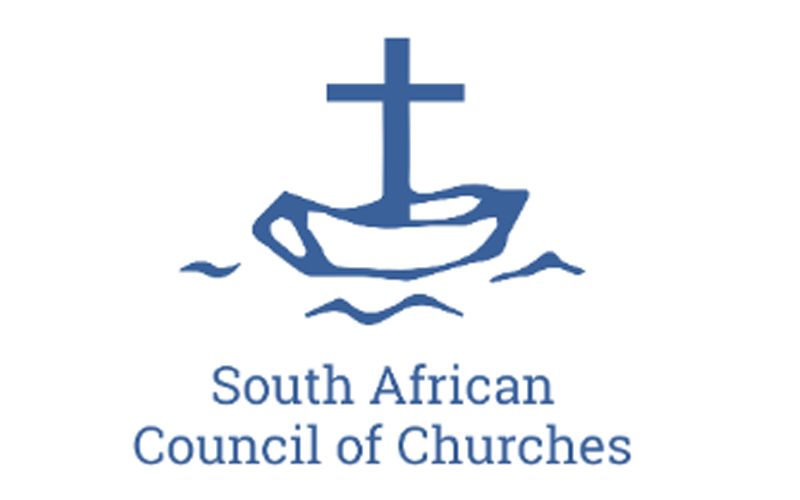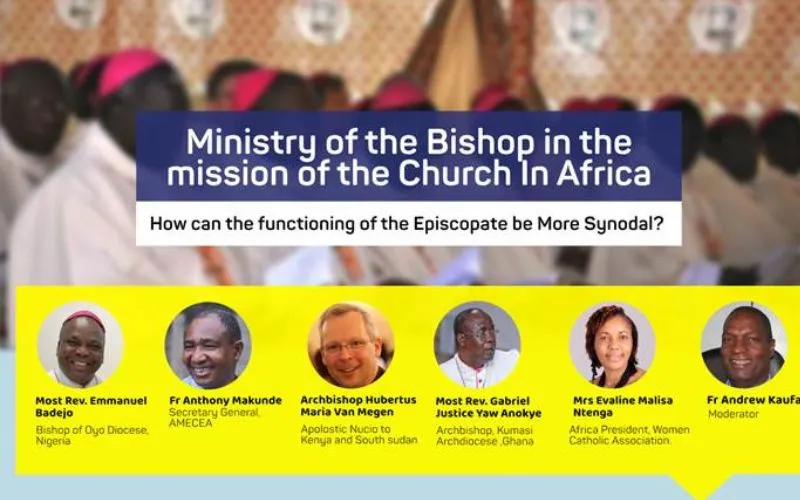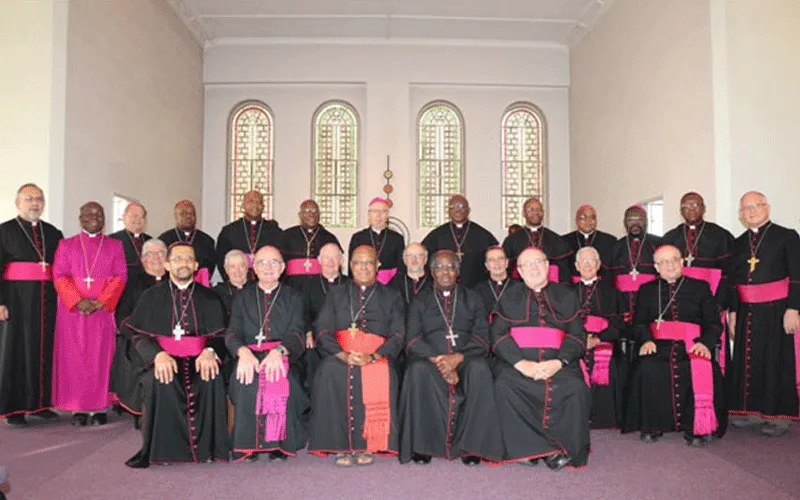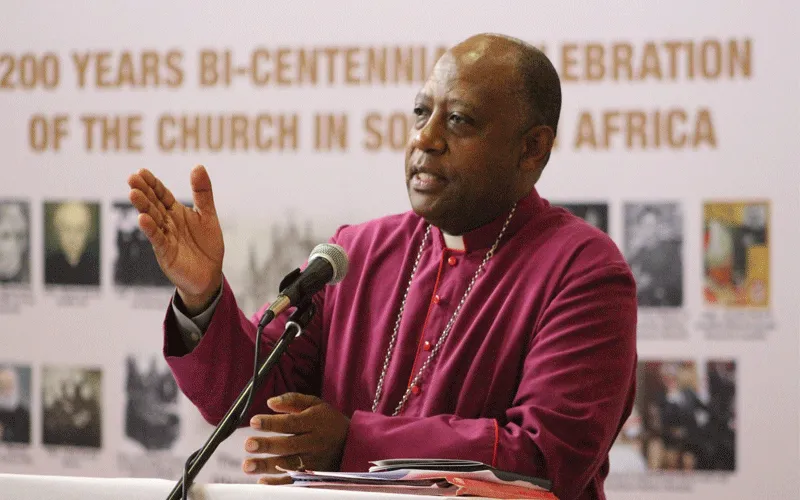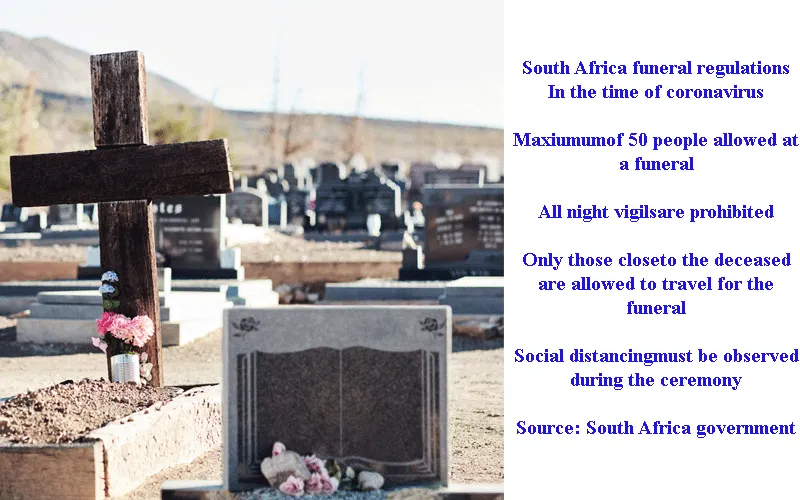“The members of the LEAN’s Family Support Unit will call the government toll-free number to escalate the problem; 0800 428 428; or the police number 086 00 10111. Otherwise the SACC reporting number of 0800 11 1114,” the leaders elucidate in their collective pastoral letter.
Addressed to the hugely Christian population where at least 80 percent of South African population is Christian, the letter sought to allay despair among people whose lifestyles has been crippled by COVID-19 measures.
“We write as leaders of diverse churches in South Africa in the midst of the Coronavirus attack on our homes; on the lives and livelihoods of our people; and on the production systems of our economy. We write to say, God is with us even in these times of perplexing national pain,” the church leaders stated at the beginning of their 8-page letter.
They added, “We write at a time when our people are in lockdown fatigue, and our congregations still deprived of assembling for public worship by the demands for caution from the Coronavirus… We take this opportunity collectively as leaders of our churches, to express condolences to the families of those who succumbed to this dreaded Coronavirus. We commend their souls to the love and mercy of the Risen Christ.”
The church leaders expressed gratitude to the South African government, which they said had remained prudent in the use of public funds to mitigate effects of COVID-19, adding that many other African governments had failed in transparency.
(Story continues below)
The leaders also expressed regret that during the pandemic, a clear division had appeared between the different social groups in the country, that of the rich and the poor.
“We write to a nation boxed in by the double whammy of COVID-19 and the junk status of our economy. We say, together we can and shall rebuild our economy, but that the resolve must be for an inclusive economy, making our reality of two separate economies - “formal” (mainly white and rich) and “informal” (mainly black and poor), the matter of a pre-COVID past,” they noted, adding, “We must now plan and work for a restructured post-COVID inclusive economy with validated contributions from all, and benefits for all.”
Concerning the prohibition of mass gatherings as well as the suspension of public worship, the SACC National Church Leaders Forum has established a task team that will come up with a proposition to the government on how to go about re-opening churches.
The task team will include leaders of the various traditions of the churches in the country to represent each church’s traditions.
“Recognizing that COVID-19 is not a passing visitor, and that it will be with us for as long as we do not have a vaccine, this task team of church leaders will address the question of what will be the new normal for churches, and how we can continue to worship while containing the spread of the virus and protecting our most vulnerable,” the leaders stated.
“Arising from this work, after discussions by all leaders, submissions will be made to the Government on the proposed way forward for church worship,” the church leaders added.
Meanwhile, some churches in South Africa, especially those in urban areas continue to exploit social media platforms to keep the faithful engaged, a situation that the Church leaders say has the disadvantage of locking out those who can’t afford Internet connection
To accommodate those who cannot access social media, the members of SACC are in talks with the Public Broadcaster, to have various Christian traditions and other faith traditions, to each have a day when a slot can be afforded for a moment of worship that allows the faithful “to hear a familiar approach to worship on their radio and television.”
Concerning a reported likelihood of re-opening of schools in the country, the church leaders have expressed a commitment to be vigilant and to ensure that the children expected to be in school do not face any harm.
“In recent weeks we have all been seized with the question of whether our children should be brought back to the schoolroom, or not at this time. To be or not to be!” the church leaders wrote, and added in reference of the Gospel of Matthew Chapter 18, “When the schools do open, we will be quite vigilant, and watch that nothing amounts to despising the children and their best interests, as Christ says about ‘these little ones’, for ‘their angels always see the face of my Father who is in heaven.’”
Agnes Aineah is a Kenyan journalist with a background in digital and newspaper reporting. She holds a Master of Arts in Digital Journalism from the Aga Khan University, Graduate School of Media and Communications and a Bachelor's Degree in Linguistics, Media and Communications from Kenya's Moi University. Agnes currently serves as a journalist for ACI Africa.



